
As will be remembered, former British Prime Minister David Cameron had promised in the 2015 general election campaign that he would conduct a referendum on British people's choice to stay in the European Union if he was to be elected the Prime Minister again. At the time, some commentators came up with the view that Cameron's vow to conduct a referendum so that he could be Prime Minister again was as important (maybe more important) as to respect the preferences of the British people. Indeed, Cameron's Conservative Party won the 2015 elections and got the majority to form a government alone. However, this victory led Cameron to face his promise about the in/out referendum on EU as a result of the elections. Cameron kept his word and held the referendum on June 23, 2016, and Britain voted 51.9 percent to 48.1 percent to leave the EU. On that very referendum day, David Cameron resigned from the Prime Ministry. Of course, it is not known if Cameron is aware of how wrong a strategy he followed during the election campaign. Also the degree of regret he felt is not known because of the result. Afterwards Theresa May became the Prime Minister, who was the Minister of Interior during the Cameron period.
Theresa May, who had carried out a campaign with Cameron to keep UK in the EU, this time, in addition to the burden of the defeat of the referendum, began her struggle with the Brexit process that will take Britain out of the EU. For some, Ms. May bears resemblance to Margaret Thatcher, the “Iron Lady”, and despite her deep sadness because of the negative result of the referendum, she is now consistently fighting to carry out Brexit. In this context, she triggered first the 50th article of the Lisbon Treaty and thereby started the process for the separation of the UK from the EU on March 29, 2017.
Following that Prime Minister May submitted the draft bill to the parliament about the UK's withdrawal from the EU and paved the way for Brexit negotiations. As a matter of fact, Brexit negotiations started on June 19, 2017. At the end of the last year, the UK and EU completed the first stage of the negotiations and came to an agreement on the following three important issues for the "divorce":
- The amount of compensation to be paid by Britain to the EU as a result of Brexit,
- the status of the Northern Ireland border which is in effect the only land border between the UK and the EU, and
- the legal status of the UK citizens living in EU countries and EU citizens living in the UK.
For the second leg of the negotiations, the delegations of the UK and the EU are meeting in London on 6 – 8 February 2018. Transitional arrangements are addressed in accordance with the "Transitional Negotiations Framework Document" which the EU Council has endorsed as the basis of the negotiations. In view of the hard task ahead, a transition period of approximately two years is foreseen from 29 March 2019 which is now decided to be the definite date of Britain’s departure from the EU. All in all, it is now certain that the transition period will end by 31 December 2020.
In the second stage of negotiations, it is not only foreseen to discuss the transitional arrangements. The future of the relations between the EU and the UK, issues concerning bilateral trade including a trade agreement, etc. will be discussed.
And finally, by the end of the transition period, 31 December 2020, the "divorce" agreement with the EU will have to be approved by the British Parliament, since according to the British understanding, the referendum has a consultative value whereas the "divorce" agreement must be approved by the parliament.
As it is understood from the short summary of the Brexit process above, the period starting from today until the end of 2020 will be a period full of intensive negotiations which would keep both the EU and the Britain very busy.
If the British referendum had not resulted with a very small margin, in other words, if there could have been a much broader consensus for the withdrawal of the country from the EU, perhaps things could have been much easier. It is obvious that British public opinion is confused. People keep changing their minds. For example, those who fervently advocate the UK's withdrawal from the EU at the time seem to be quite hesitant now. Prime Minister May, who objected Brexit as a member of the government, now strongly defends Brexit.[1] Nigel Farage, the former president of the United Kingdom Independence Party (UKIP), who had been the mastermind behind the Brexit idea, could be heard saying that it would be better to have a second referendum for Brexit.[2] Due to the changing circumstances of the time, some public opinion polls have contradictory results. Although a consistent segment of the population acting along the traditional line of British coherence see the disadvantages of Brexit, just because they believe that the Brexit is at the point of no return, defend that Brexit should be put into effect as quick as possible.
A new tone to the colors of the picture described above has recently been added by Prime Minister May and British Chief of Staff General Sir Nick Carter. Prime Minister May stated that she sees Russia as a threat to the international order. May says that "It is Russia's actions that threaten the international order on which we rely upon." May claims that Russia's actions involve "weaponising information" and accused Russia of meddling in the elections in the Western countries[3]. May makes herself clear by saying, "We are leaving the EU, but we are not leaving Europe."[4] British Army Chief General Sir Nick Carter also stated that the necessary field research would be carried out in Germany to try to keep the British troops in Germany against the Russian threat.[5] Both the Prime Minister and British Army Chief want to remind that both Germany and Berlin were separated into four sectors after the Second World War, one of them belonging to UK which is one of the significant parts of Germany, covering Düsseldorf, Bremen, Hamburg and Lower Saxony was left to the British military control.[6] In fact, what they want to remind is that Germany is still occupied, and that the Allies’ right to keep troops in Germany is still valid. As a matter of fact, there are still US, and French bases besides UK military bases in Germany. With this attitude, Prime Minister May once again underlines the idea, "We are leaving the EU, but we are not leaving Europe" in another format. British Army Chief General Carter also added that they consider stopping the withdrawal of the British troops from Germany, while Russia is increasing its total military stocks by 30 folds. He also made it clear that Britain would not leave the theater to Russia, especially when Russia is suspected of a pre-emptive attack. All these developments become meaningful when recalled that Britain had announced in 2013 that she would withdraw all her troops from Germany by 2016.[7] One can state that UK's hesitations about her shaky Brexit adventure is mainly stemming from her worries about losing her status in Europe.
It seems that Britain is now trying to disseminate her worries into the military and security fields by accentuating Russian threat and thereby sowing seeds of hesitation about Brexit in the European minds.[8] In sum, it is possible to assess all the above as British efforts to emphasize its force and power and to maintain its weight in the European politics.
[1] Wheeler, Brian & Alex Hunt, “Brexit: All you need to know about the UK leaving the EU,” BBC News, 4 Jan, 2018, http://www.bbc.com/news/uk-politics-32810887.
[2] “Brexit’in Mimarı Nigel Farage: Bazen İkinci bir Referandum Yapılmalı Diyorum”, euronews.com, http://tr.euronews.com/2018/01/11/brexit-in-mimar-nigel-farage-bazen-ikinci-bir-referandum-yapmal-diyorum.
[3] “Theresa May Accuses Russia of Interfering in Elections and Fake News”, https://www.theguardian.com/politics/2017/nov/13/theresa-may-accuses-russia-of-interfering-in-elections-and-fake-news
[4] “The 12-point Brexit plan explained: Theresa May warns EU she will walk away from a ‘bad deal’ for Britain,” Telegraph.co.uk, http://www.telegraph.co.uk/news/2017/01/17/theresa-may-warns-eu-will-walk-away-bad-deal-britain/.
[5] “Britain may reverse decision to pull out of Germany because we need to react to Russian attacks, army chief says,” Telegraph.co.uk, http://www.telegraph.co.uk/news/2018/01/22/britain-may-reverse-decision-pull-germany-need-react-russian/.
[6] “The Potsdam Conference, 1945,” US Department of State, Office of the Historian website, https://history.state.gov/milestones/1937-1945/potsdam-conf.
[7] “UK to withdraw 11,000 troops from Germany by 2016”, theguardian.com, https://www.theguardian.com/uk/2013/mar/05/uk-withdraw-troops-germany-2016.
[8] “Britain may reverse decision to pull out of Germany because we need to react to Russian attacks, army chief says,” Telegraph.co.uk, http://www.telegraph.co.uk/news/2018/01/22/britain-may-reverse-decision-pull-germany-need-react-russian/.
© 2009-2025 Center for Eurasian Studies (AVİM) All Rights Reserved
No comments yet.
-
 REFLECTIONS ON THE EU – CENTRAL ASIA SUMMIT
REFLECTIONS ON THE EU – CENTRAL ASIA SUMMIT
Hazel ÇAĞAN ELBİR 14.04.2025 -
 24 APRIL AND RACIST ARMENIAN TERRORIST SASSOUNIAN'S PAROLE IS BEFORE THE CALIFORNIA GOVERNOR NEWSOM ONCE AGAIN
24 APRIL AND RACIST ARMENIAN TERRORIST SASSOUNIAN'S PAROLE IS BEFORE THE CALIFORNIA GOVERNOR NEWSOM ONCE AGAIN
Hazel ÇAĞAN ELBİR 28.04.2020 -
 TURKISH-AMERICAN RELATIONS LOST A HISTORICAL OPPORTUNITY
TURKISH-AMERICAN RELATIONS LOST A HISTORICAL OPPORTUNITY
Hazel ÇAĞAN ELBİR 17.11.2022 -
 THE BRIBERY SCANDAL IN THE EUROPEAN PARLIAMENT
THE BRIBERY SCANDAL IN THE EUROPEAN PARLIAMENT
Hazel ÇAĞAN ELBİR 04.01.2023 -
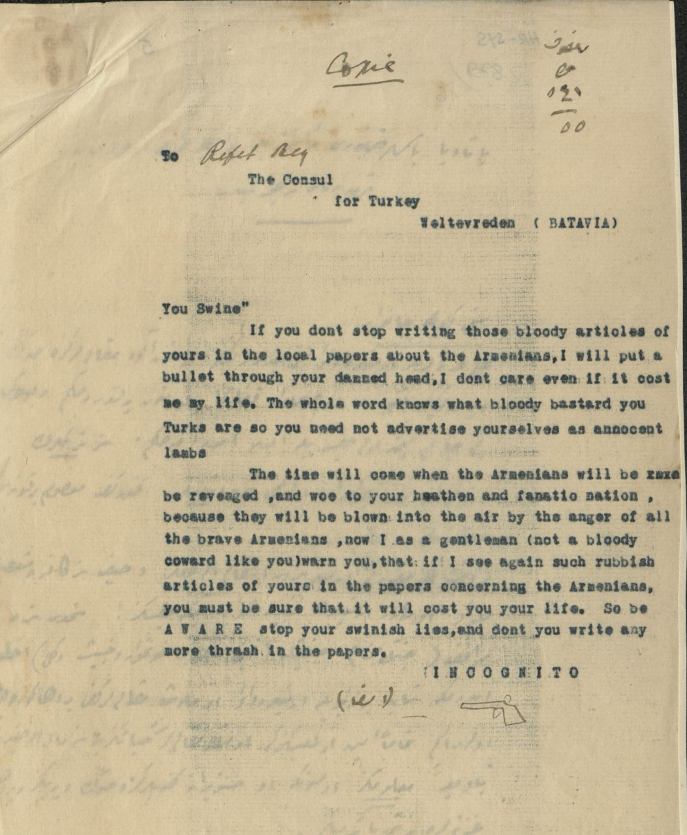 FROM DISTANT FRONTIERS TO A LONG CHAIN OF EXTREMISM: MEHMET REFET BEY AND EARLY ARMENIAN TERRORISM (1916)
FROM DISTANT FRONTIERS TO A LONG CHAIN OF EXTREMISM: MEHMET REFET BEY AND EARLY ARMENIAN TERRORISM (1916)
Hazel ÇAĞAN ELBİR 11.02.2026
-
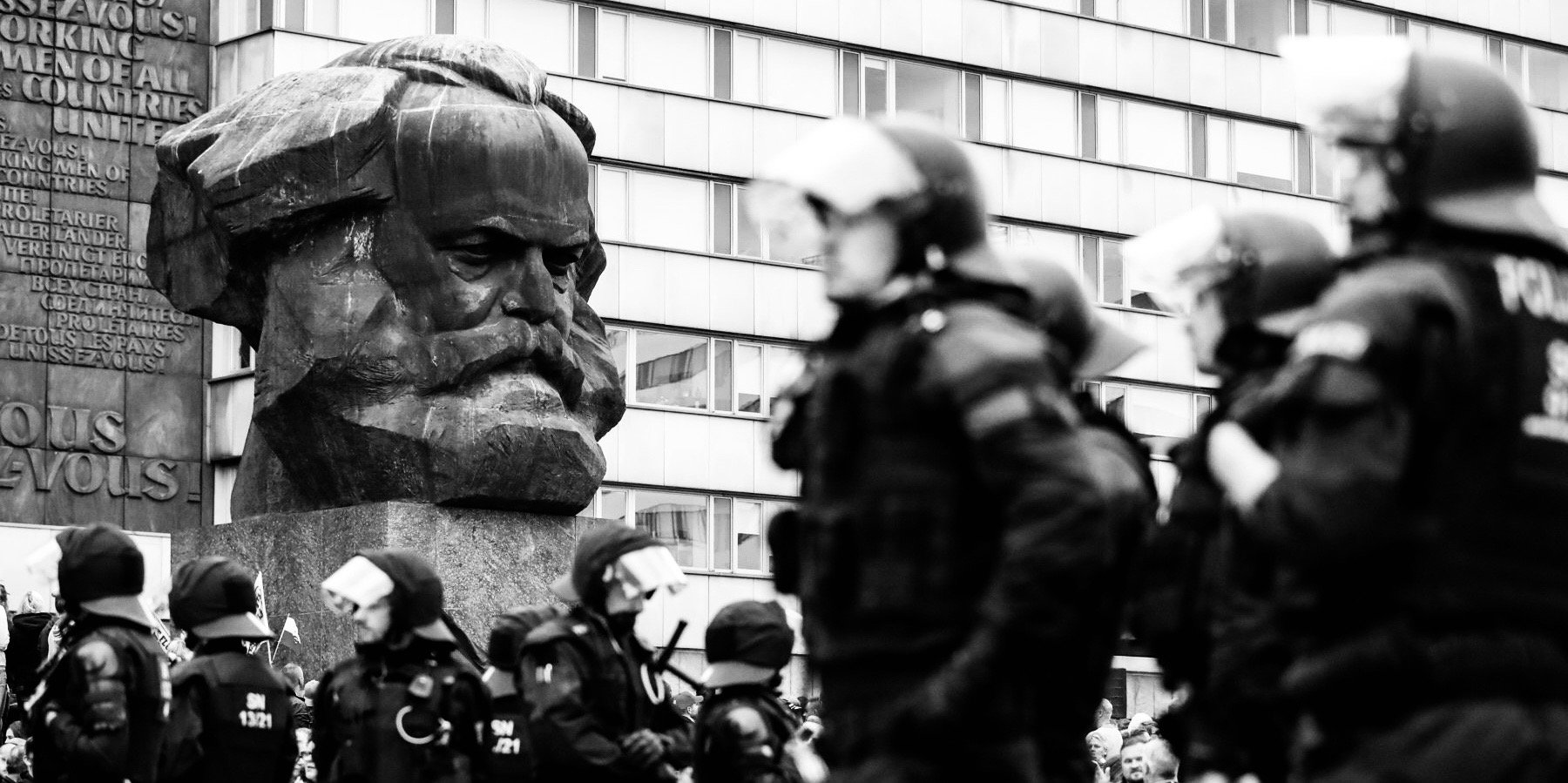 AFD’S SLOGAN: THE MORE REFUGEES, THE MORE VOTES
AFD’S SLOGAN: THE MORE REFUGEES, THE MORE VOTES
Hazel ÇAĞAN ELBİR 09.04.2020 -
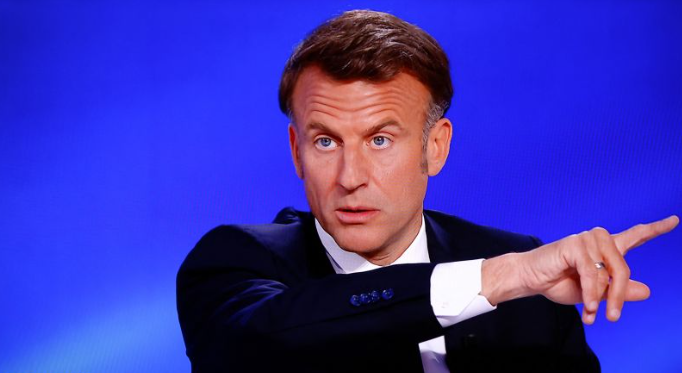 FROM SYMBOLISM TO SCRUTINY: THE TRANSFORMATION OF FRANCE'S GENOCIDE CLAIMS
FROM SYMBOLISM TO SCRUTINY: THE TRANSFORMATION OF FRANCE'S GENOCIDE CLAIMS
Teoman Ertuğrul TULUN 01.07.2025 -
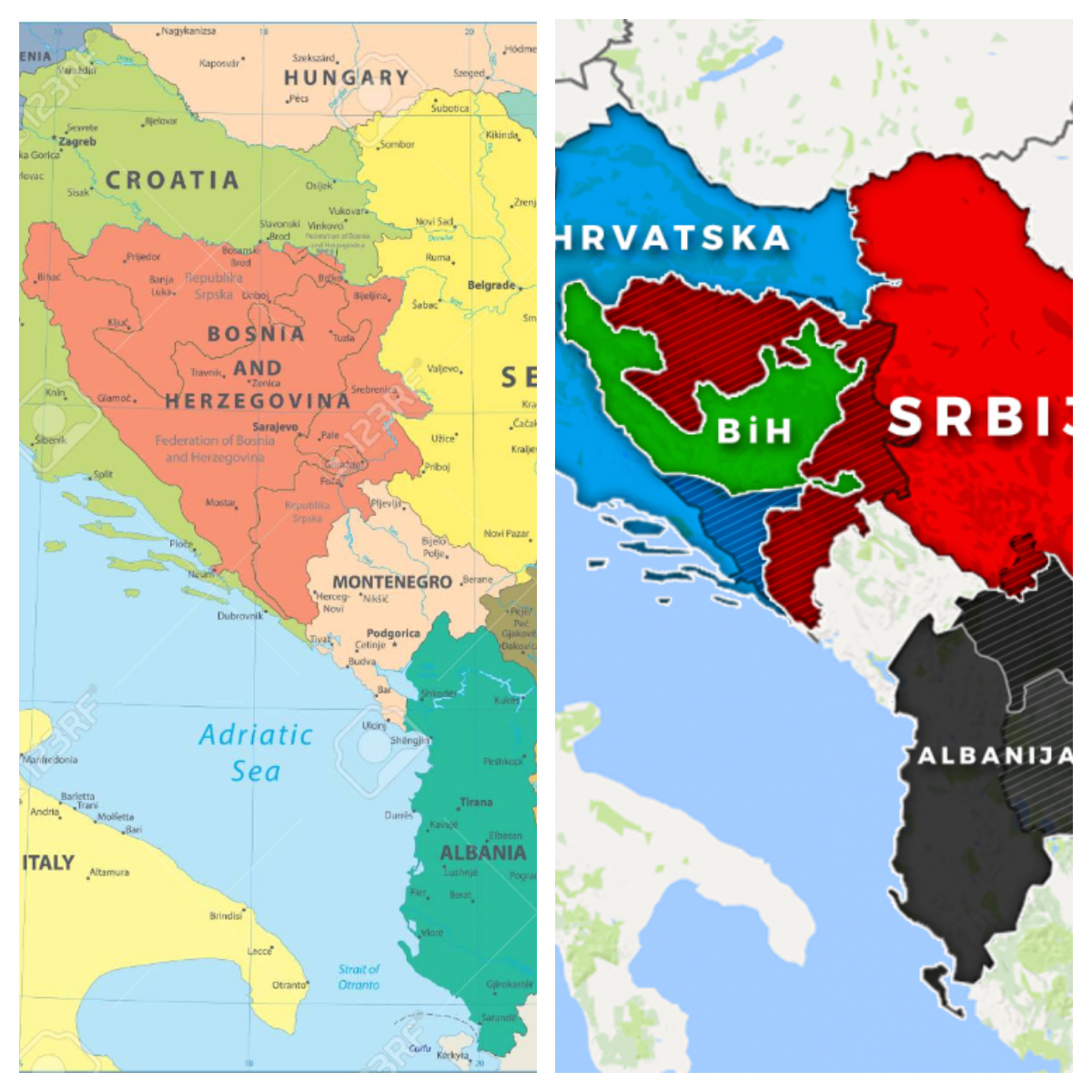 SLOVENIAN DOCUMENT ON DISMEMBERMENT OF BOSNIA-HERZEGOVINA CONFIRMS THE NECESSITY OF CONTINUING THE PIC-OHR-BONN POWERS
SLOVENIAN DOCUMENT ON DISMEMBERMENT OF BOSNIA-HERZEGOVINA CONFIRMS THE NECESSITY OF CONTINUING THE PIC-OHR-BONN POWERS
Teoman Ertuğrul TULUN 30.04.2021 -
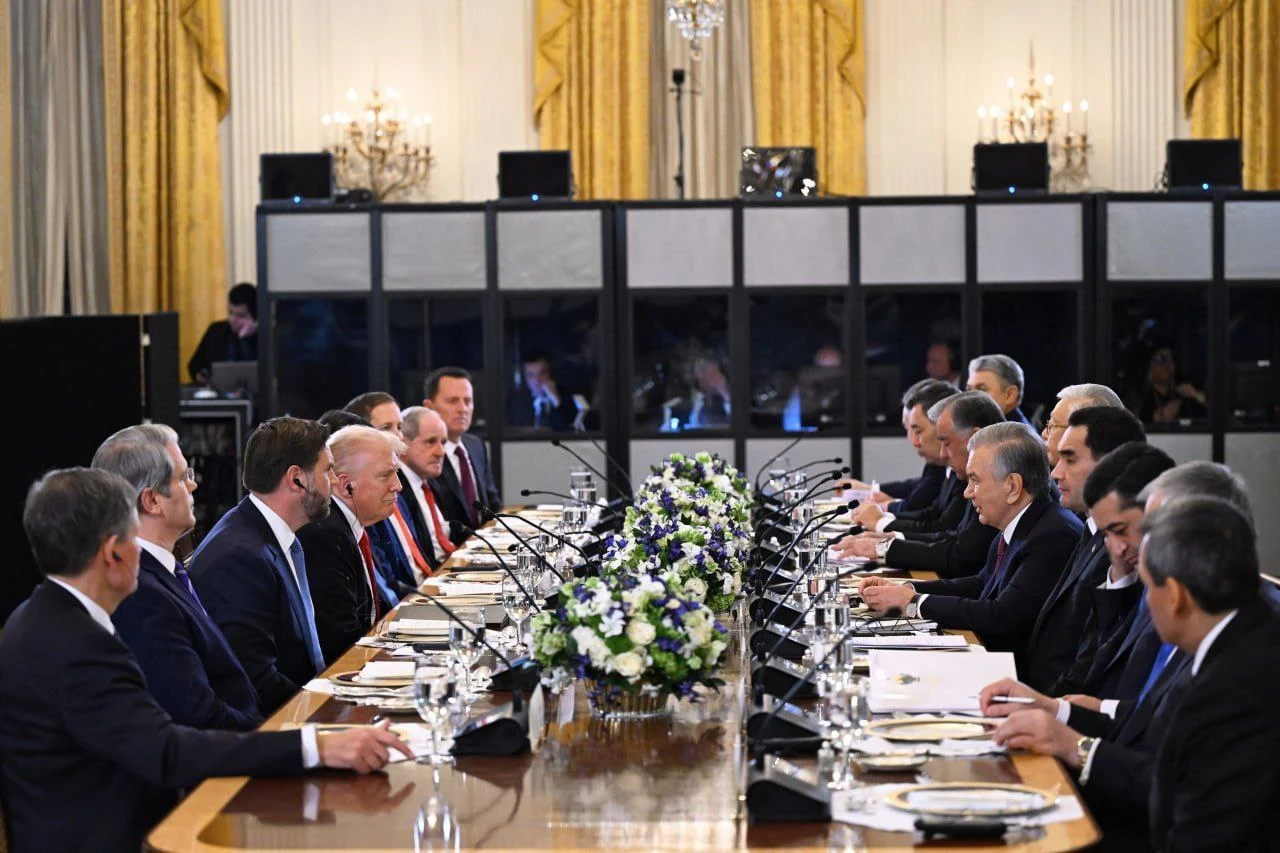 A STRATEGIC CROSSROADS IN EURASIAN GEOPOLITICS: THE EUROPEAN UNION’S CENTRAL ASIA POLICY IN THE CONTEXT OF THE C5+1 FORMAT AND TÜRKİYE’S ROLE
A STRATEGIC CROSSROADS IN EURASIAN GEOPOLITICS: THE EUROPEAN UNION’S CENTRAL ASIA POLICY IN THE CONTEXT OF THE C5+1 FORMAT AND TÜRKİYE’S ROLE
Hazel ÇAĞAN ELBİR 22.01.2026 -
 THE NAGORNO-KARABAKH ISSUE FROM A JURIDICAL POINT OF VIEW: THE CASE OF CHIRAGOV AND OTHERS V. ARMENIA
THE NAGORNO-KARABAKH ISSUE FROM A JURIDICAL POINT OF VIEW: THE CASE OF CHIRAGOV AND OTHERS V. ARMENIA
Turgut Kerem TUNCEL 26.06.2015
-
25.01.2016
THE ARMENIAN QUESTION - BASIC KNOWLEDGE AND DOCUMENTATION -
12.06.2024
THE TRUTH WILL OUT -
27.03.2023
RADİKAL ERMENİ UNSURLARCA GERÇEKLEŞTİRİLEN MEZALİMLER VE VANDALİZM -
17.03.2023
PATRIOTISM PERVERTED -
23.02.2023
MEN ARE LIKE THAT -
03.02.2023
BAKÜ-TİFLİS-CEYHAN BORU HATTININ YAŞANAN TARİHİ -
16.12.2022
INTERNATIONAL SCHOLARS ON THE EVENTS OF 1915 -
07.12.2022
FAKE PHOTOS AND THE ARMENIAN PROPAGANDA -
07.12.2022
ERMENİ PROPAGANDASI VE SAHTE RESİMLER -
01.01.2022
A Letter From Japan - Strategically Mum: The Silence of the Armenians -
01.01.2022
Japonya'dan Bir Mektup - Stratejik Suskunluk: Ermenilerin Sessizliği -
03.06.2020
Anastas Mikoyan: Confessions of an Armenian Bolshevik -
08.04.2020
Sovyet Sonrası Ukrayna’da Devlet, Toplum ve Siyaset - Değişen Dinamikler, Dönüşen Kimlikler -
12.06.2018
Ermeni Sorunuyla İlgili İngiliz Belgeleri (1912-1923) - British Documents on Armenian Question (1912-1923) -
02.12.2016
Turkish-Russian Academics: A Historical Study on the Caucasus -
01.07.2016
Gürcistan'daki Müslüman Topluluklar: Azınlık Hakları, Kimlik, Siyaset -
10.03.2016
Armenian Diaspora: Diaspora, State and the Imagination of the Republic of Armenia -
24.01.2016
ERMENİ SORUNU - TEMEL BİLGİ VE BELGELER (2. BASKI)
-
AVİM Conference Hall 24.01.2023
CONFERENCE TITLED “HUNGARY’S PERSPECTIVES ON THE TURKIC WORLD"









